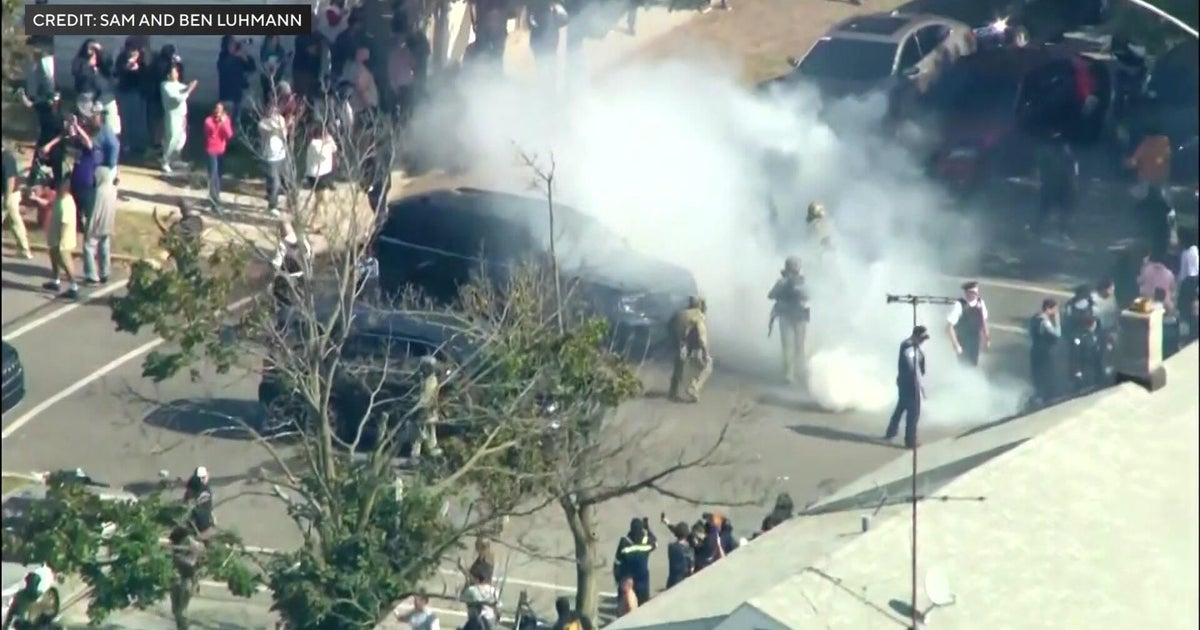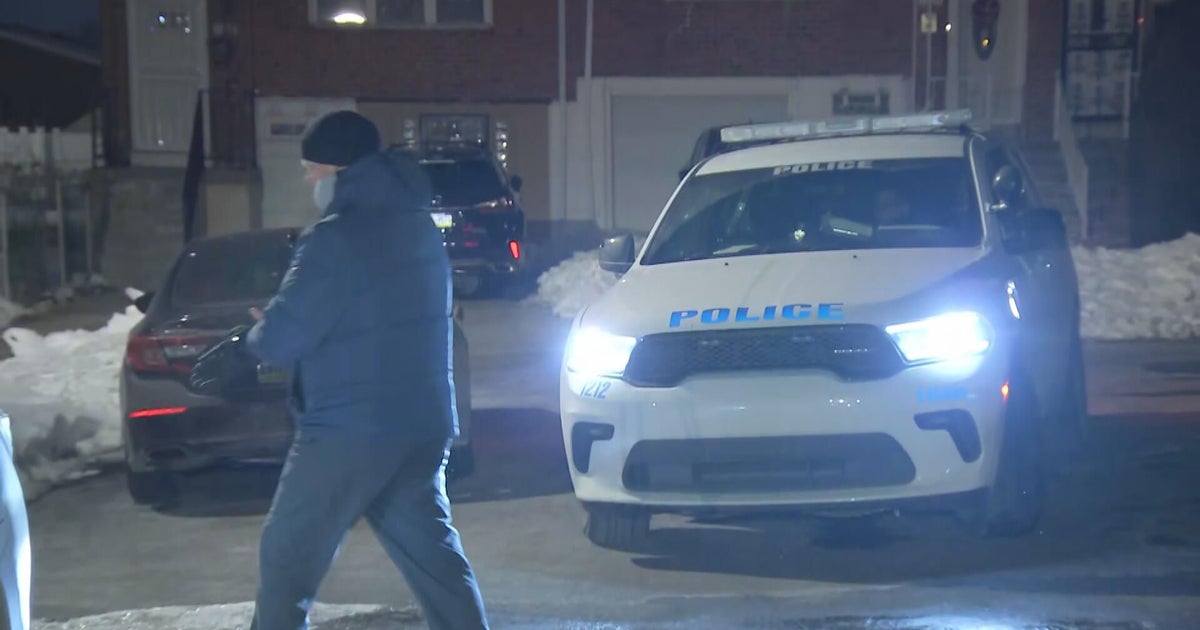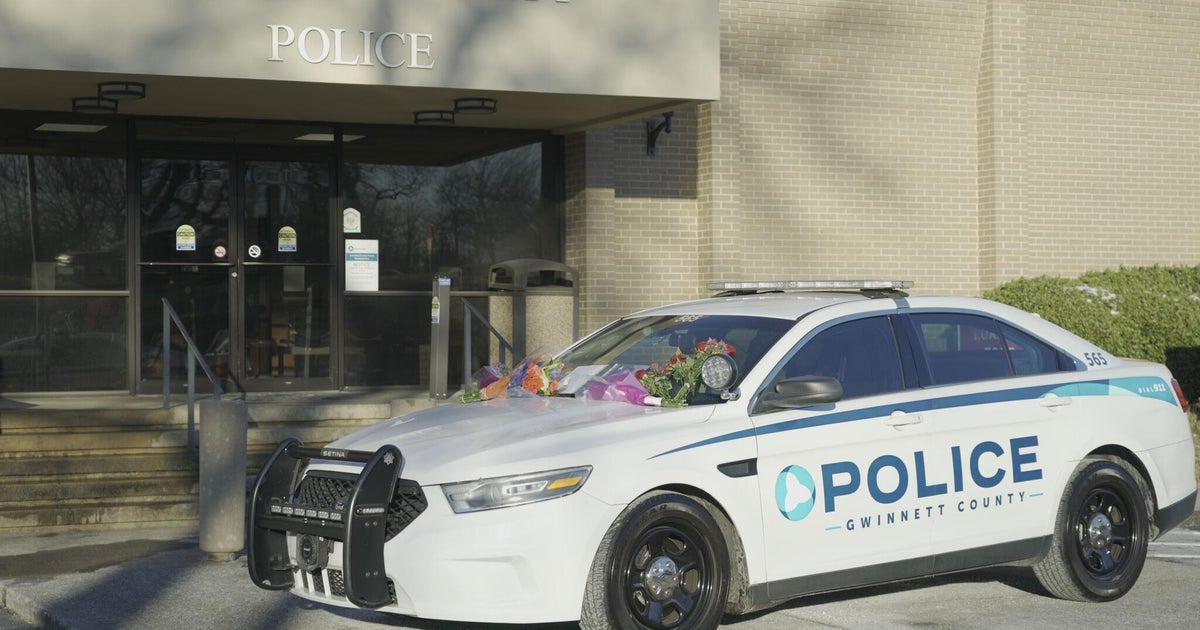STAR founder talks about ways to address suicidal thoughts in teens
PITTSBURGH (KDKA) - Teenage suicide and depression are at all-time highs while mental health services have become harder and harder to find. But a local pioneer in treating teenage depression who has successfully intervened with thousands of suicidal teenagers says we as a country have the means to turn this around.
They suffer in silence. And sometimes, their parents and guardians aren't aware until it's too late. More and more young people are dying by their own hand as depression and anxiety grip nearly a third of all American teenagers. Even those seeking help can't get it.
"I think we're failing our kids," said Dr. David Brent.
Back in the 1980s, Dr. David Brent began to see a generation at-risk with few places to turn. It was then that he founded STAR, Services for Teens At Risk, a ground-breaking clinic in Oakland for young people contemplating suicide, offering them individual and group therapy and a path forward.
"We've probably seen 7,000 kids, maybe more, and to my knowledge, as long as we were taking care of somebody, we never lost somebody," Brent said.
The number sounds impressive but to Brent they're the few fortunate ones. The CDC reports suicide is now the second leading cause of death for teenagers. But more than 60% of children with depression don't get any mental health treatment, according to Mental Health America. And, on top of that, a recent CBS News investigation found 41 out of the 50 states in this country have a severe shortage of child psychiatrists.
"We need to focus on the larger population if we're going to turn this thing around," Brent said.
"One in three kids have suicidal thoughts. Most of those kids are never going to act on those thoughts so I don't think we need to bring it to the level of hysteria but I would just say you need to take it seriously and there are some fairly simple steps you can take."
Short of training thousands of new child psychologists, Brent says there are practical steps to stem the tide, starting with teaching parents, guardians and educators to see the signs.
"If you see a kid who's become withdrawn, losing interest in things they were formally interested in, changes in sleep and energy and basically their functionality changes, you really should go to a professional," Brent said.
And because child psychogists are backlogged, Brent says the next best steps are to train pediatric primary care physicians and school counselors to intervene and stabilize a child who is considering suicide. That means developing a safety plan: helping kids recognize warning signs, developing strategies to diffuse suicidal urges, compiling a list of people to call when things get bad and making sure guns are safely secured in homes.
David Brent and his clinic have likely saved the lives of hundreds -- if not thousands -- of lives but as he approaches the end of his career, he is distressed that the suicide rate of young people continues to climb but says it doesn't need to.
For more of our special coverage of Kids in Crisis and to learn about the "Connecting the Dots" documentary, click here.







